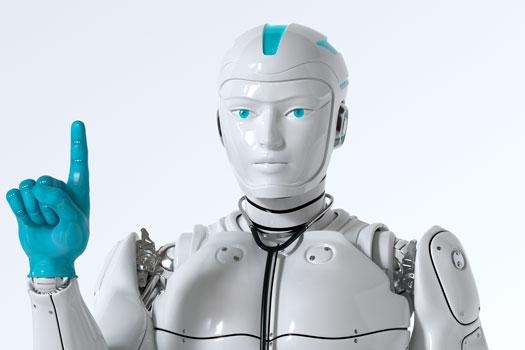Pulse 2019 review: Hancock goes Back to the Future with AI

Fans of the Back to the Future movie franchise behold, for we’re hoverboarding our way speedily towards a society where technology infiltrates every part of our lives – even healthcare.
With the most tech-friendly health secretary in history leading the way, the Government is embracing the use of artificial intelligence (AI) to improve outcomes.
Plans include a £250m investment to boost AI and genomic testing in the NHS, and a national AI lab to help cut waiting times and detect diseases earlier.
Patients wanting advice about their symptoms will be able to ask Amazon’s virtual assistant, Alexa, and receive health information in response, when an agreed partnership between Amazon and NHS England gets up and running.
It’s not hard to come up with reasons why this might not be the best idea. Top of the list is that the algorithms for tech-enabled healthcare aren’t fool-proof.
What if a symptom checker gives a false negative? Patients could be wrongly assured they don’t need medical help, when they do. The potential consequences don’t bear thinking about.
The opposite scenario, although not as dangerous, isn’t ideal either – and is likely to be much more common.
If a symptom checker generates a false positive, then worried patients will inevitably end up placing unnecessary burdens on NHS resources.
That was borne out when Pulse decided to test four symptom checker apps with four hypothetical medical scenarios, each one presented by a theoretical anxious and non-anxious patient. Most of the apps in all eight scenarios bar one advised seeing a GP urgently, going to A&E, or calling 999.
Perhaps predictably, many of the suggestions would end making the patient more anxious, and ultimately being detrimental to their well-being in the long term.
And we all know where anxious patients end up one way or another: knocking on their GP’s door.
But maybe AI will take us several leaps further. If Hancock and co have their way, it certainly will. Who knows, before long we’ll have patients using technology to perform surgery on themselves.
And where will that leave GPs?
Where we’re going, we don’t need GPs!
Pulse October survey
Take our July 2025 survey to potentially win £1.000 worth of tokens













